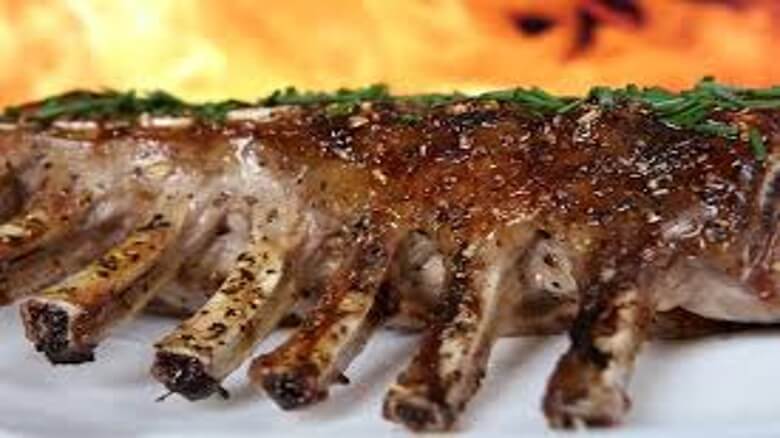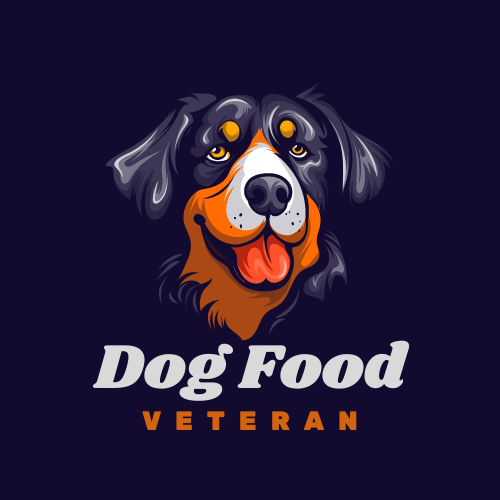
Have you ever wondered if dogs can eat something as unusual as bear meat? Well, if you’re curious about adding wild game to your dog’s diet, let’s look at whether bear meat is safe for them, what it offers them nutritionally, and any risks we should consider
What is the Nutritional Value of Bear Meat?
Bear meat is packed with nutrients that can support your dog’s health, including:
- Protein: The meat is high in protein and this helps in muscle growth, skin health, and energy. The presence of protein makes the meat worth considering because the nutrient is important for active dogs.
- Fat: Bear meat has more fat than other dog proteins like chicken or beef. While fats are good for energy and vitamins, too much can lead to weight gain or digestive issues in dogs, so you may need to adjust your portions.
- Vitamins and Minerals: The meat provides vitamin B, iron, and zinc which supports your pooch’s immune health and metabolism. These nutrients are important, but balance is key to avoiding complications.
Bear meat vs other proteins, what’s the difference?
You may be wondering, why on earth should your pup indulge in bear meat when other traditional protein options are perfect for their diets. Well, I’m as curious as you, so let’s compare:
- Chicken: This is one of the traditional protein options that are easily digestible. They are quite popular because of their low fat and high protein.
- Beef: The meat is rich in protein with small fat, and is great for muscle health and energy.
- Bear Meat: Well, in the case of bear meat, it comes with higher fat than chicken or beef and offers a great energy boost but you have to practice moderation.
Is bear meat good for dogs?
Bear meat can be a great addition to your dog’s diet, but its fatty content calls for caution. That’s not all, if your dog has a sensitive stomach or specific health needs, consult your vet before giving them bear meat
Is bear meat safe for dogs?
Yes, dogs can eat bear meat, but there are a few important things to keep in mind to keep it safe. While it’s rich in nutrients, the meat needs careful preparation to avoid any health issues for your dog:
- Proper Preparation: Always cook the meat well to kill off any harmful organisms.
- Wild Meat Risks: Since it’s a wild game, it can carry parasites or bacteria that may make your dog sick if you do not handle it correctly.
What are the risks of feeding bear meat to dogs?
Here are some risks to be aware of before you offer your dog bear meat:
- Trichinosis: This parasite, often found in bear meat, can infect both dogs and humans. This is why proper cooking is important to prevent it.
- Bacterial Contamination: Wild game like bear meat can carry bacteria like salmonella or E. coli, which can lead to serious illness.
- High Fat Content: It may shock you that this is prevalent, especially during certain seasons, and this may cause digestive issues or pancreatitis if your dog eats too much.
How to cook bear meat for your dog
To be on the safe side, here’s how to cook this meat for your pup.
- Cook to at Least 165°F: This temperature is high enough to kill any parasites or bacteria.
- Keep It Plain: Avoid seasoning, which is spices that can upset your dog’s stomach.
- Serve Small Portions: Given its high fat, stick to feeding your dog small amounts occasionally.
How much bear meat can dogs eat?
Bear meat should be an occasional treat rather than a regular part of your dog’s meals. This is because it’s high in fat and carries certain risks, so keep portions small and serve it only once in a while. Remember, regular dog food provides a balanced mix of nutrients your dog needs, so bear meat shouldn’t replace it.
What are the alternatives to bear meat?
If you’re looking for safe protein options, here are some dependable choices:
- Chicken: It’s a source of lean protein and easy on the stomach, plus it is great for most dogs.
- Beef: Of course, we know beef is another great protein choice, so you may consider it if bear meat ain’t your vibe.
- Fish: Did we forget to mention these ones? Please we’ve got great options like salmon for a healthy balanced diet for your pup.
Conclusion
While dogs can enjoy bear meat on occasion, practice moderation and make sure you cook it properly to avoid any health risks. As with any new food, check with your vet before adding any wild game to your dog’s diet. Above all, prioritize your dog’s health and safety, and choose foods that support their well-being.
Read More: Can Dogs Eat Deer Hooves? Here’s What You Need to Know

